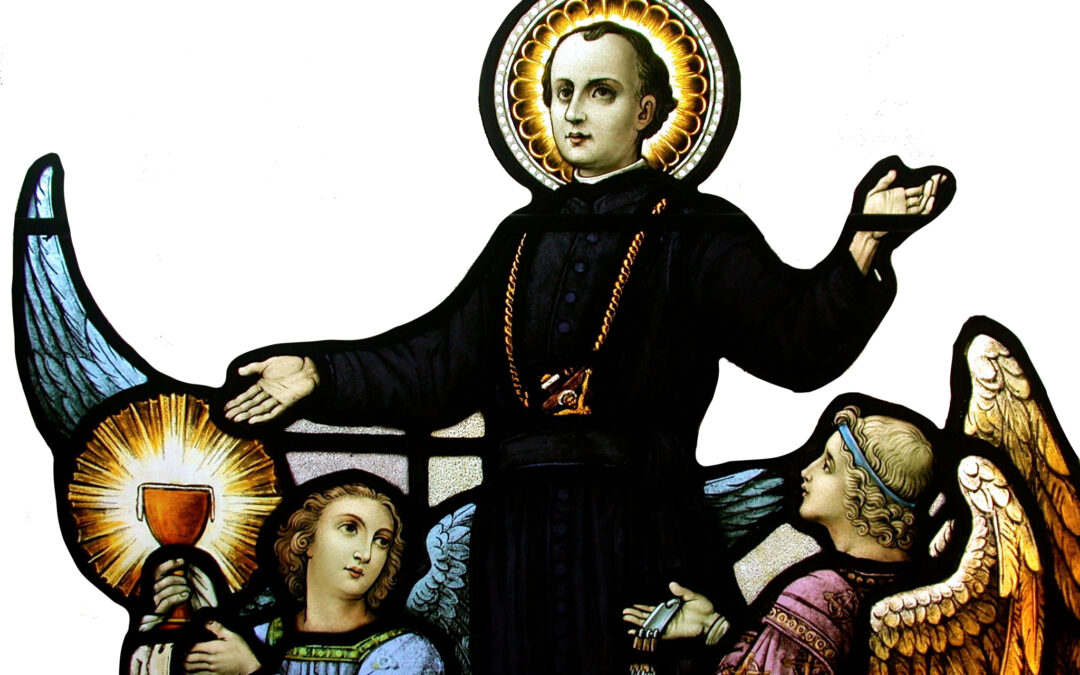By Brother Matt Schaefer, C.PP.S.
Sometimes I’m perplexed by the readings chosen for Mass, especially some of the second readings taken from the New Testament. They can seem too brief; I imagine some of these readings are barely heard by many in the congregation. They often feel incomplete, making me wonder why one or two more sentences were not included. And the English major in me is sometimes trying to wade through all of the clauses to see if there is actually a noun and a verb that constitute a basic sentence. Today’s second reading seems incomplete when separated from its place in the early chapters of Hebrews, but there’s a lot going on in this short passage.
In the beginning of Hebrews just before today’s reading, we are reminded of the importance of Jesus in God’s plan for the world. Jesus’ role as Son of God is emphasized. As the Son he is more important than the angels who serve God. And the teachings of Jesus are greater than the word announced by the prophets.
Even though Jesus is superior to the angels in God’s plan, he was made lower than the angels so that “he might taste death for everyone.” This isn’t simply acknowledging Jesus’ death. We know that Jesus not only died, but he lived as a human being. He tasted human death, but also human life. His life was not so far removed from ours. Though he was without sin, he surely experienced what we all do: anxiety, joy, fear, love, temptation. And let us not gloss over the final word in the first sentence—everyone. Jesus lived, suffered and died to redeem the sins of everyone. Jesus’ experience as a human was even greater than ours, his compassion was limitless. He understood the experiences and the suffering of all humanity, even those people for whom we show little understanding or compassion.
The next sentence contains more about the qualities of Jesus. “For whom and through whom all things exist” indicates that Jesus did not suddenly come in to existence at Bethlehem. He was present at the creation of the world; in fact, he ordered it. Jesus’ pre-ordained role as redeemer is emphasized. He was made “perfect through suffering.” “Perfect” here does not mean that Jesus became better in a moral sense, as we might strive toward perfection in our faith. Jesus was already perfect in a moral sense, so this perfection was achieved in accomplishing his goal through obedience.
We are made holy through the actions of Jesus. Both Jesus and humanity “have one origin.” In other words, the relationship between Jesus and humanity is part of the same divine purpose. Jesus is not ashamed to call us brothers and sisters because he was once one of us. What an important reminder this is. Humanity is not evil, worthless, wretched, or undeserving of God’s protection, love or redemption. The Incarnation shows this. Jesus did not become man to denigrate humanity, he actually gave worth and dignity to human life—all human life.
The Precious Blood of Jesus is not mentioned in this reading, but it is still there. It is there in the suffering and death of Jesus. It is there in our redemption by Jesus. It is there in the humanity that Jesus shares with us. It is there flowing through all of the people of the world in their suffering. And it is there when we follow the example of Jesus and offer understanding, compassion and mercy to everyone.
Brother Matthew Schaefer, C.PP.S., is in ministry at the Downtown Dayton Parishes, which include Emmanuel, Holy Trinity and St. Joseph.


